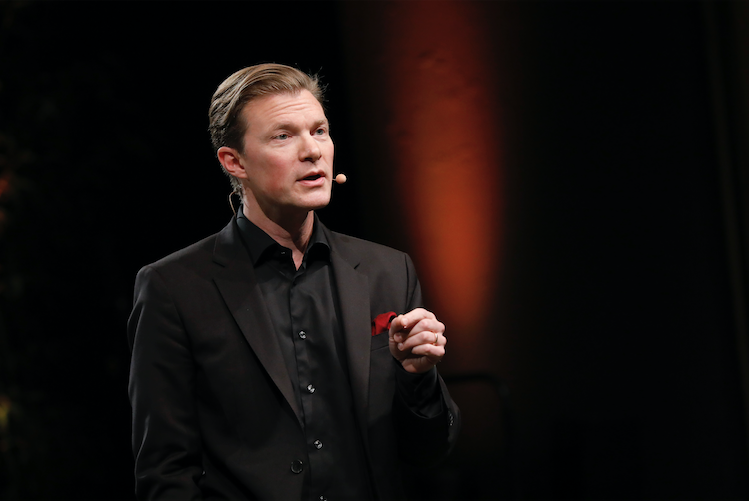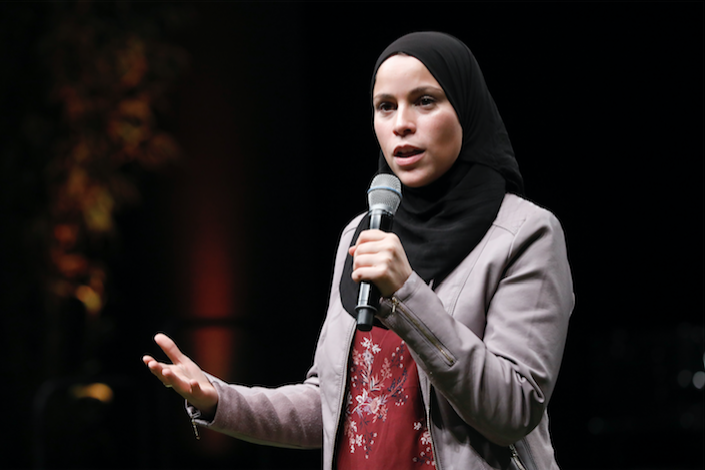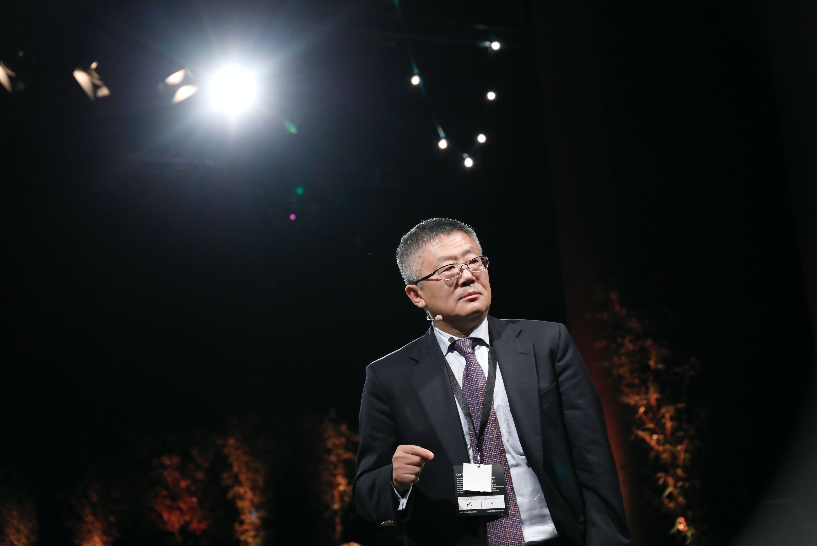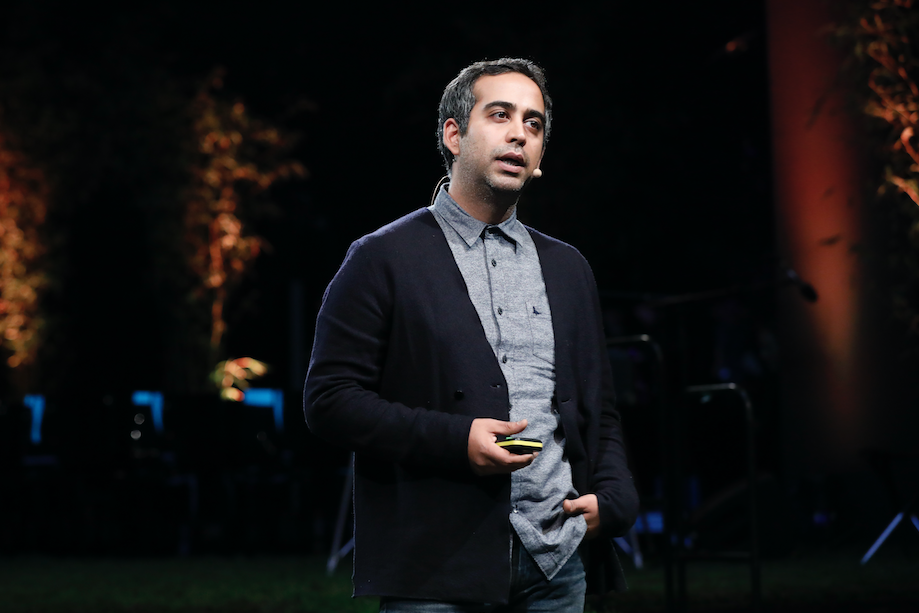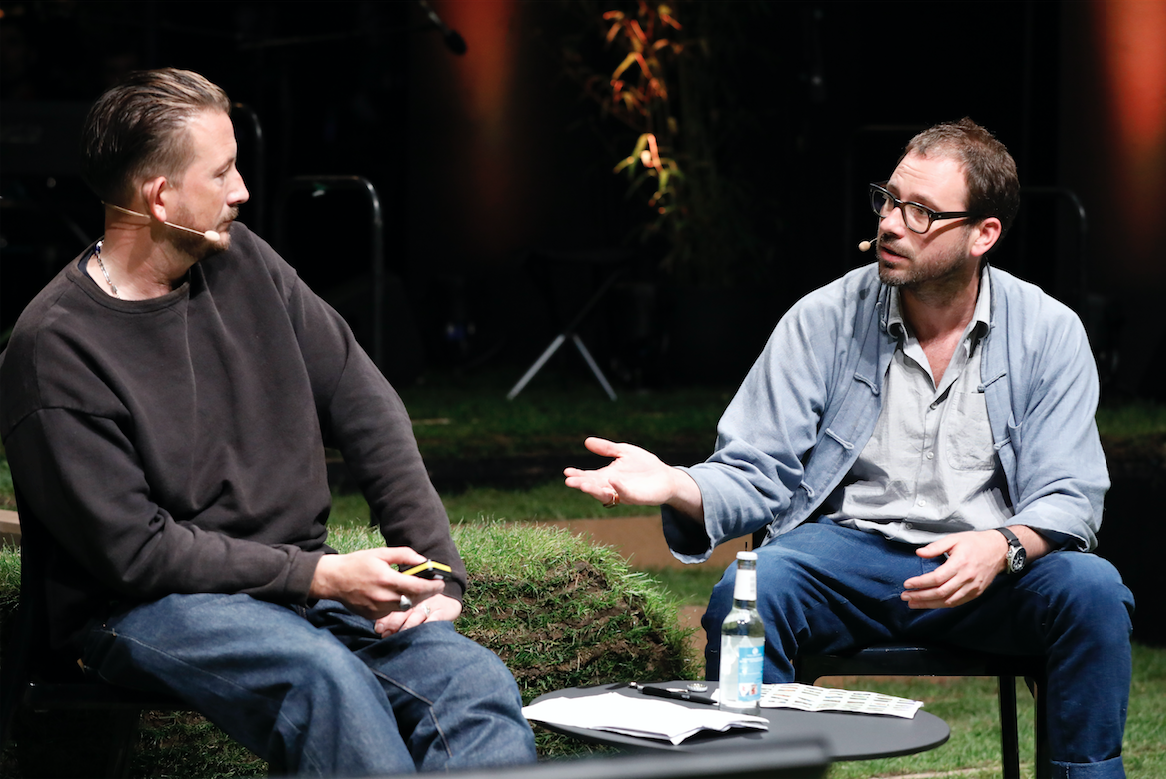Summary of session 5
If you examine the state of the world these days, you may get the feeling, that there are so many problems in the world: climate change, migration, distribution of wealth. They affect all human-beings, some in an obvious fashion, others only indirectly. They usually can’t be tackled effectively by one state but rather by the world community. But are they handled in a way of worldwide cooperation? What is necessary to feel responsible for one another in a global sense?
World leaders tend to mind their own, interstate problems before they take a look around and Donald Trump’s egomaniacal „America first“ policy is just the tip of the iceberg. International agreements, for example on the subjects of environmental protection and migration, are rare, unstable and often poorly enforced. How is it possible to establish global governance in modern times? Are there common values that help us work together and solve problems? If yes, what are those values and how will they affect the way we cooperate?
Immanuel Kant, a famous German philosopher, had the vision of „world citizens“, who are rational-thinking, peace and enlightenment searching human beings. He imagined a world, in which international cooperation is flourishing and war extincts. Obviously this vision never came true. Nevertheless: What are promising concepts to achieve intensive cooperation, common sense and transnational unity?
In his Q Berlin QUESTIQNS talk Johan Nordberg stressed that the positive aspects of globalization are a chance for all people on earth to connect and prosper. Due to the access of knowledge via the internet everybody, regardless of their social and financial background, has the opportunity to get involved and learn.
On the other side Alaa Murabit emphasis that before we should praise the benefits of new technologies, e.g. Artificial Intelligence, we have to face the fundamental problems of gender inequality. Her approach embraces the empowerment of women in economic as well as in political processes to foster worldwide development and stability.
Homayoun Askari Sirizi, tries to connect poetry with contemporary as well as past events. He illuminates world politics and social phenomenons on the basis of the work from Austrian author Peter Handke.
Huang Jing focuses on the underlying prepositions and components of the social contract. This framework is one of the most consequential products in the history of states. It was established to solve the fundamental dilemma of humankind: unlimited desire while having limited resources. This aim is fulfilled more or less depending on the concrete case and the underlying values a society has. Those values make it difficult to create a universal social contract, since every society has different priorities in terms of social welfare and governance.
Besides those possible solutions, improvements in international cooperation can also be gained by common world problems. Things like climate change and transnational terrorism are a theoretical threat to all of us and because of this, they may give us the opportunity to work together and improve the conditions of living.
